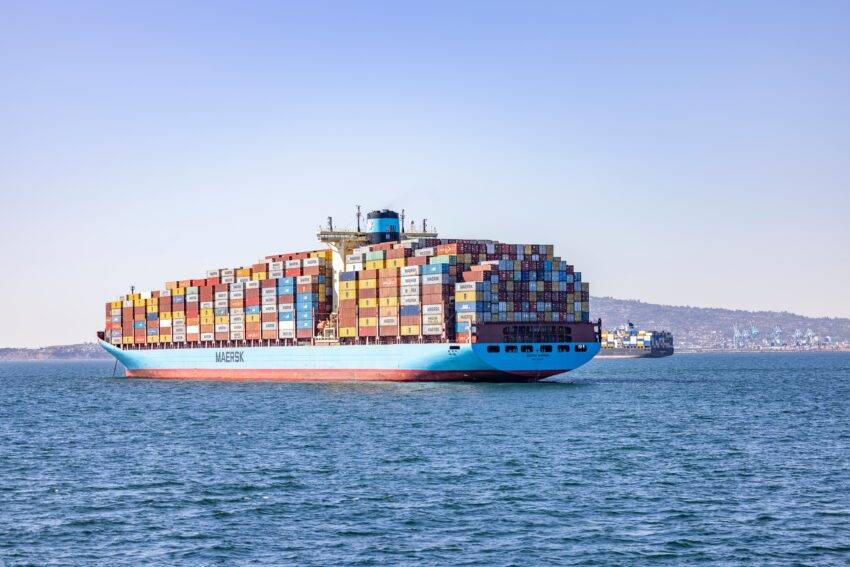Recent disruptions to shipping routes in the Red Sea have reverberated across Britain’s export and manufacturing sectors, with more than half of exporters reporting adverse effects ranging from increased costs to significant delays.
A report by the British Chambers of Commerce (BCC) has revealed that the fallout from conflicts in the Red Sea region has not spared manufacturers and business-to-consumer services companies, exacerbating logistical challenges and supply chain disruptions. Of the surveyed companies, over a third have felt the impact firsthand, highlighting the widespread repercussions on UK businesses.
Container hire costs have surged, with some businesses reporting quadrupled expenses, while logistical bottlenecks have resulted in delivery delays of up to three to four weeks. These disruptions have cascading effects, causing cashflow strains and shortages in critical components for production lines.
Attacks by Iranian-backed Houthi rebels on merchant vessels have crippled maritime traffic through the Red Sea and the Suez Canal, compelling shipping companies to reroute vessels around South Africa’s Cape of Good Hope. This redirection marks one of the most significant disruptions to global trade since the onset of the pandemic.
William Bain, head of trade policy at the BCC, acknowledges the resilience of the shipping freight industry in mitigating immediate challenges. However, he warns of mounting cost pressures as the situation prolongs, particularly with the government’s new customs checks and import procedures compounding existing difficulties.
The impact of the shipping disruptions extends beyond the UK, with vessels diverting around South Africa incurring substantial additional costs, as transit times between Asia and northwest Europe double. Sectors such as automotive and retail are particularly vulnerable, with reports of production halts and supply shortages affecting various industries.
Despite concerns about inflationary pressures, analysts note that soft demand and available shipping capacity have partially offset the impact. Moody’s Investor Service suggests that ample ship availability may alleviate some of the pricing pressures.
Looking ahead, analysts at Deutsche Bank anticipate a gradual adjustment to the new shipping norms, with freight rates expected to stabilize as the industry adapts to the challenges posed by rerouted shipping routes.
As UK businesses brace for continued disruptions, proactive measures and coordinated efforts are essential to mitigate the adverse effects on supply chains and safeguard against prolonged economic repercussions.


